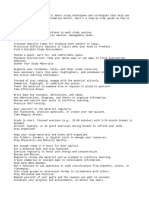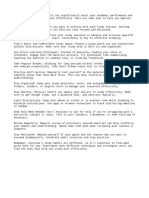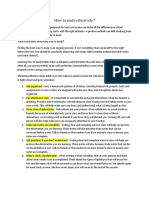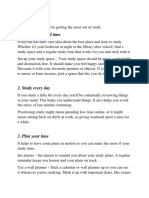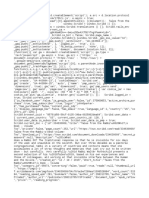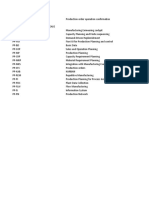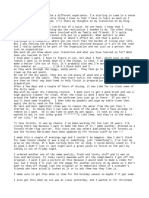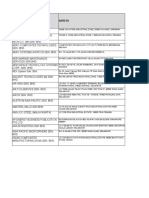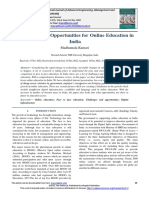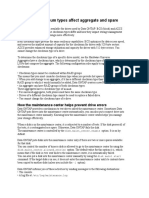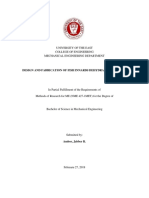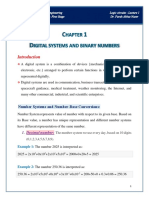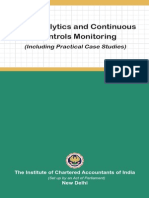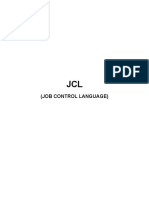how to study well
Studying effectively is a skill that can be developed over time with practice and dedication.
Here are some tips to help you study well:
1. Set Clear Goals: Define specific, achievable goals for your study sessions. Knowing
what you want to accomplish will help you stay focused and motivated.
2. Create a Study Schedule: Plan out your study sessions in advance and allocate time
for each subject or topic. Establish a consistent study routine to help you stay
organized and manage your time effectively.
3. Use Active Learning Techniques: Instead of passively reading or listening to
material, actively engage with it through techniques like summarizing, questioning,
and teaching others. This helps reinforce your understanding and retention of the
material.
4. Break Down Material: Break down complex concepts into smaller, more
manageable chunks. Focus on understanding each part before moving on to the next,
and use techniques like mind mapping or outlining to organize information visually.
5. Find a Suitable Study Environment: Choose a quiet, well-lit, and comfortable study
space free from distractions. Minimize interruptions by turning off notifications on
your phone and computer.
6. Take Regular Breaks: Break up your study sessions with short breaks to rest and
recharge. Taking breaks can help prevent burnout and improve your overall focus and
productivity.
7. Practice Retrieval: Test yourself regularly on the material you're studying to
reinforce your memory and identify areas that need further review. Use flashcards,
practice quizzes, or recitation to actively retrieve information from memory.
8. Stay Healthy: Maintain a balanced diet, get regular exercise, and prioritize sleep to
support your overall well-being and cognitive function. Taking care of your physical
health can positively impact your ability to study effectively.
9. Seek Help When Needed: Don't hesitate to reach out to teachers, tutors, or
classmates if you're struggling with a concept or need clarification. Asking for help
when needed is a sign of strength, not weakness.
10. Review and Reflect: After each study session, take some time to review what you've
learned and reflect on your progress. Identify areas of improvement and adjust your
study strategies accordingly.
Remember that everyone's study habits and preferences are different, so it's important to
experiment with different techniques and find what works best for you. Stay patient, stay
persistent, and don't forget to celebrate your progress along the way!



